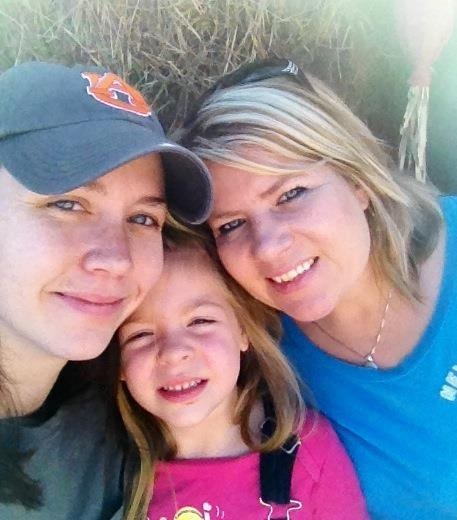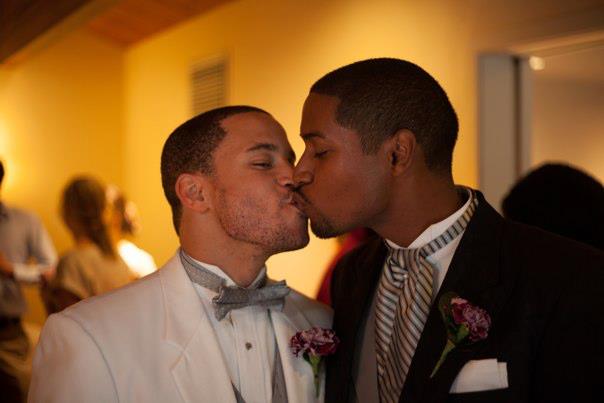
On Wednesday, August 13, 17 same-sex couples in nine Mississippi counties submitted their marriage licenses for the public record at their local Chancery Clerk’s offices. The action, which is part of CSE’s WE DO Campaign, was an effort to expose the harm caused to LGBT families by the state’s ban on same-sex marriage. Since a voter-approved ban passed in 2004, state and county officials in Mississippi are not allowed to perform same-sex marriages or recognize marriages from other states. Recording their marriage licenses as vital records with the Chancery Clerk is the only avenue LGBT couples have to publicly document their marriages.
Same-sex couples were able to record their licenses in Amite, Desoto, Hancock, Hinds, Lafayette, Lamar, Oktibbeha and Pearl River Counties, while four couples in Harrison County were denied. CSE’s legal team, as well as other chancery clerks in Mississippi have concluded that counties are legally required to register any legal document, including marriage licenses, for the public record. But Harrison County Chancery Clerk John McAdams said that his office had never filed marriage licenses. CSE is standing with the Harrison County couples as they continue trying to document their licenses.

In Mississippi, which leads the nation in poverty, many same-sex couples don’t have the means to have a destination wedding to another state. Research has shown that LGBT people, especially lesbians, are more likely to live in poverty than their heterosexual counterparts, and a wage gap exists between gay and straight people in the same occupations. LGBT people raising children are even more likely to live in poverty, and Mississippi has the highest rate of LGBT parents. A recent national survey found that more than half of LGBT Mississippians are in a long-term relationship.

Pam and Mary started dating in 2009, after meeting online. Mary’s best friend had set up a profile for her, and decided that Pam was a great match. When the couple decided to marry, they drove out to San Bernadino, California, which was the destination for Mary’s truck route. They went to Mary’s delivery site and, when the business told them to wait before unloading, they asked if they could go marry quickly. They were told to “take their time,” so they went a few blocks to the courthouse and married. The date was July 7, 2008, which was during the brief period that same-sex marriage was legal in California before the passage of Prop 8.
When Pam and Mary went to register their marriage license in Hancock County, they were hoping this would take them one step closer to equality.
“We have never felt like our marriage was any different than those of our straight friends,” Pam said. “All we ask for is the same rights, benefits, and respect that straight people take for granted.”


